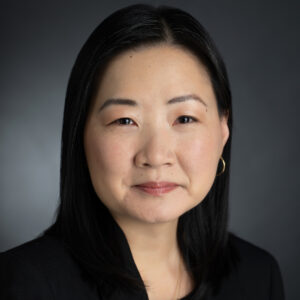Roosevelt Must-Reads: Know Thy History
July 13, 2019
By Juliette Kang Stableski
Earlier this month, in a powerful act of solidarity, 36 Jewish activists were arrested for obstructing access to an ICE detention facility. It’s a salient reminder that step one of being an ally is knowing your history. I think often of how inextricably linked Asian Amerian history is with that of other people of color in this country. Some recs in that vein:
Labor exploitation on the backs of POC has fueled the US economy, and Asians are no exception. This New York Times piece covers the history of Chinese railroad workers upon the 150th anniversary of the Transcontinental Railroad’s inauguration just this past May. Fun fact: Chinese railroad workers were also responsible for staging the era’s largest labor strike.
Many remember the Rodney King trial and LA riots as a precursor to the events that ultimately led to the Black Lives Matter movement. The Korean community remembers them as Saigu (aka 4-29, the date it all erupted), when LA’s Koreatown was destroyed, and Asian and Black communities were pitted against one another—as illustrated in this incredible photo essay published by the LA Times. [TW: gun violence]
A current example of this divide-and-conquer strategy is the battle over affirmative action, playing out most publicly at Harvard and NYC’s specialized high schools. This piece does a good job of unpacking the way it feeds into anti-Black sentiments and the model minority myth, and how when we fight over scraps, we ultimately help reinforce institutional racism.
Lastly, as children and families continue to be traumatized at our border, I recommend George Takei’s moving piece on how the current situation compares with his own experience in the Japanese internment camps. (Spoiler alert: He thinks this is worse.) I’m also looking forward to reading Last Boat Out of Shanghai, written by the inimitable Helen Zia, which chronicles the lives of Chinese refugees who fled in the wake of the 1949 Communist revolution. Tackling today’s challenges starts with recognizing that they’re not new.
